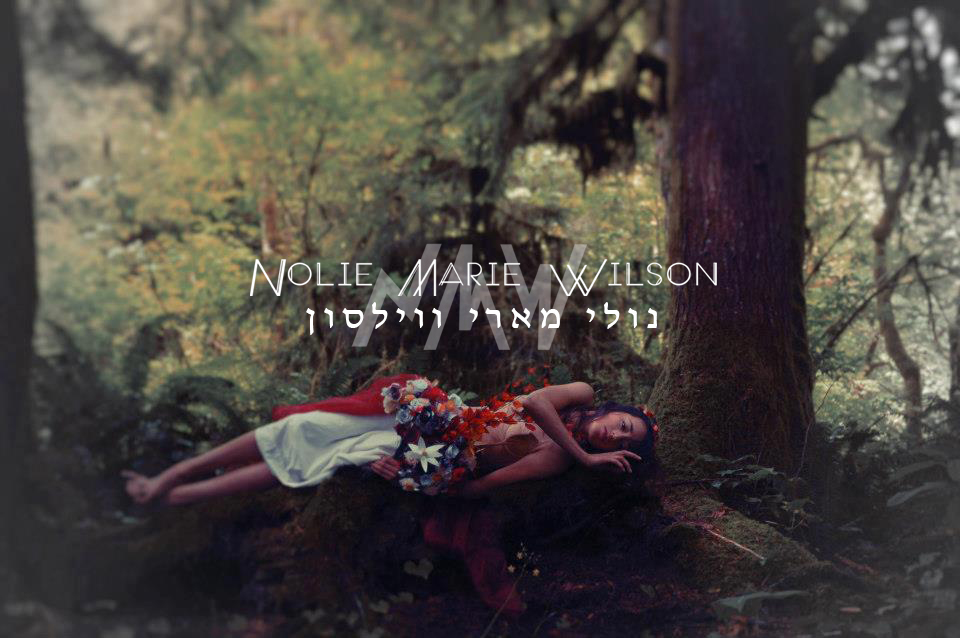About Nolie Marie Wilson
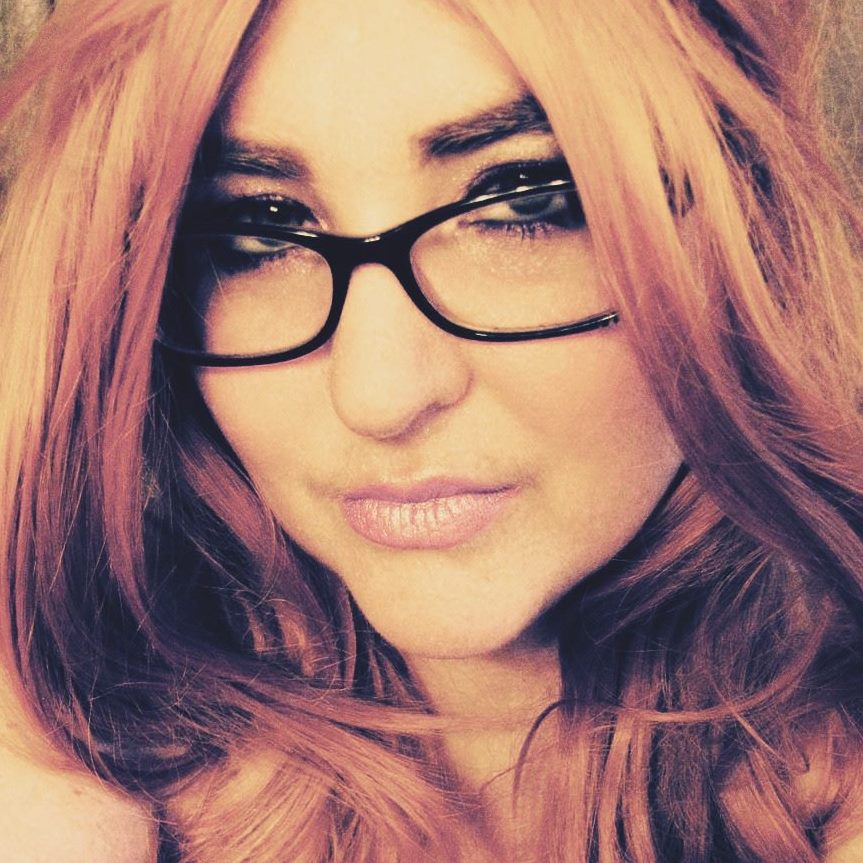
Nolie Marie Wilson is a nonbinary Jewish American artist, graphic designer, pseudonymous New York Times and USA Today bestselling author writing under multiple pennames, editor, and retired makeup artist. Nolie has taken an unusual path, their disabilities necessitating adaptation and exploration through a wide variety of artistic media, including:
- pysankarstvo (a wax-resist method of dying eggs similar to Batik; the individual dyed eggs created are called pysanka/psanka, plural pysanki/psanki),
- watercolor, oil, and acrylic painting,
- paper quilling,
- ceramics,
- textile arts,
- classical dance,
- aerial acrobatics,
- classical piano,
- basketweaving,
- photography,
- modeling,
- computer generated imaging, digital painting, and digital manipulation of images.
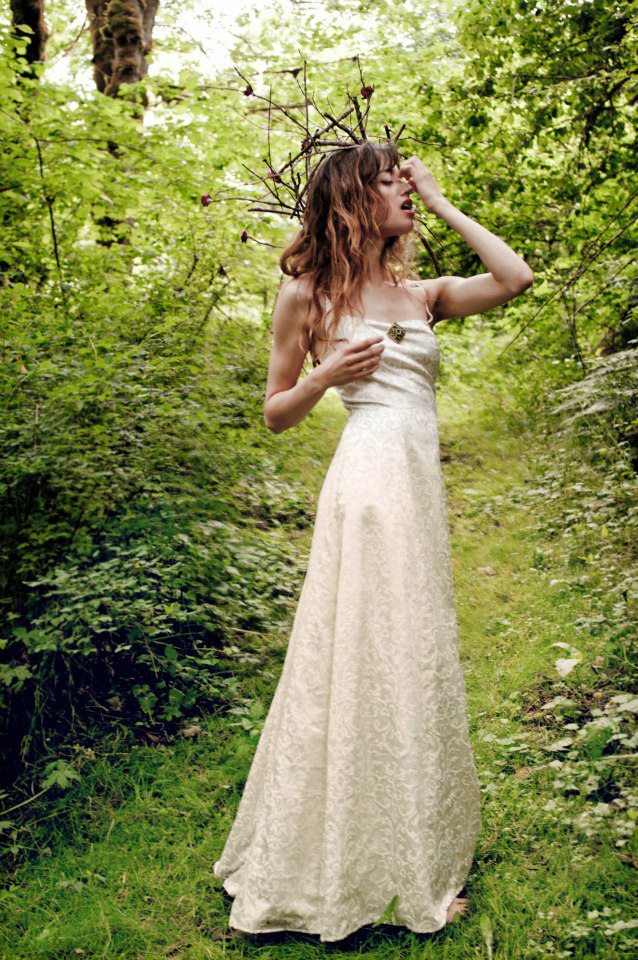
Although Nolie pursued performing arts as a child, even obtaining a certificate in Sound Engineering while in high school, and majoring in Music Theory and Orchestral Composition in college, their engagement with other visual arts was an ongoing habit throughout childhood, earning them 4H Special Honor Awards, display in public exhibitions, and providing the building blocks for them to translate their skills from one medium into another.
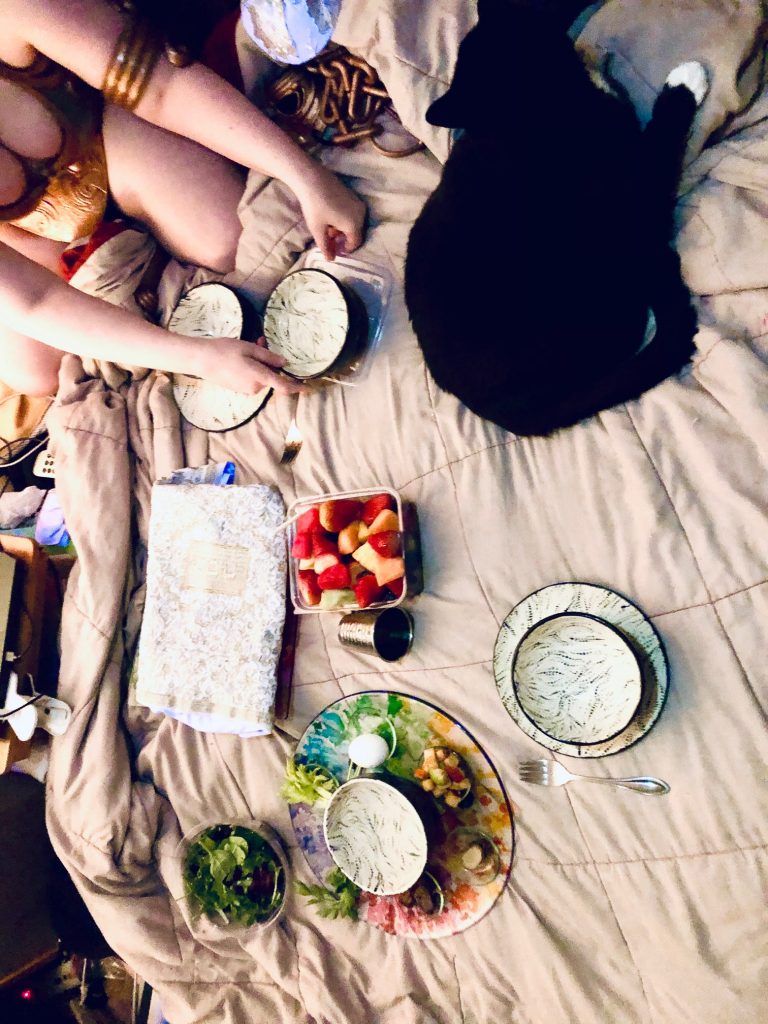
Working as a makeup artist, Nolie helped create images for advertising, magazines, and more. Their other creative talents were often used to create custom props for photoshoots, and adapt to quickly-changing circumstances to ensure strong results for all creative collaborators. After their disabilities forced their retirement, all these skills became essential to their other artistic pursuits.
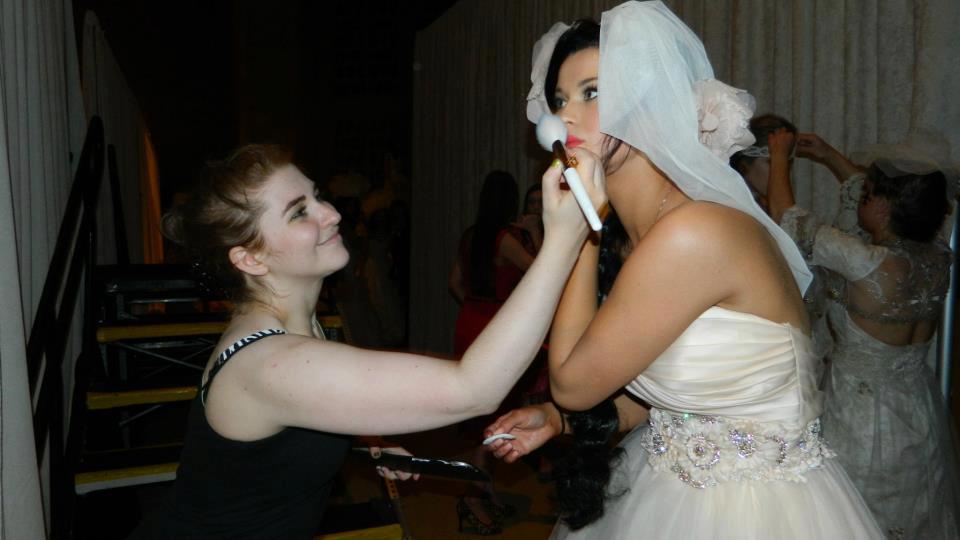
It was during this period that Nolie became deeply involved in the literary arts, translating their childhood love of reading science fiction, and their practice editing on their mother’s knee as she edited for a publisher into a practice of editing for Nolie’s husband, and later other collaborators, such as Samuel Peralta, the editor and anthologist responsible for the incredible Future Chronicles science fiction anthologies, and the Alt. History anthologies which Nolie co-edited with him. Both of these anthology series are present in the Peregrine Collection.
As part of the Peregrine Collection, science fiction anthologies Nolie has co-edited will be going to the moon, to be placed in a time capsule containing the work of hundreds of other writers, artists, and poets. This collection is believed to represent the first time the creative work of women and nonbinary creatives will be archived on the moon, although an archive of a number of cis male artists was sent up aboard an earlier mission in the 1960s.
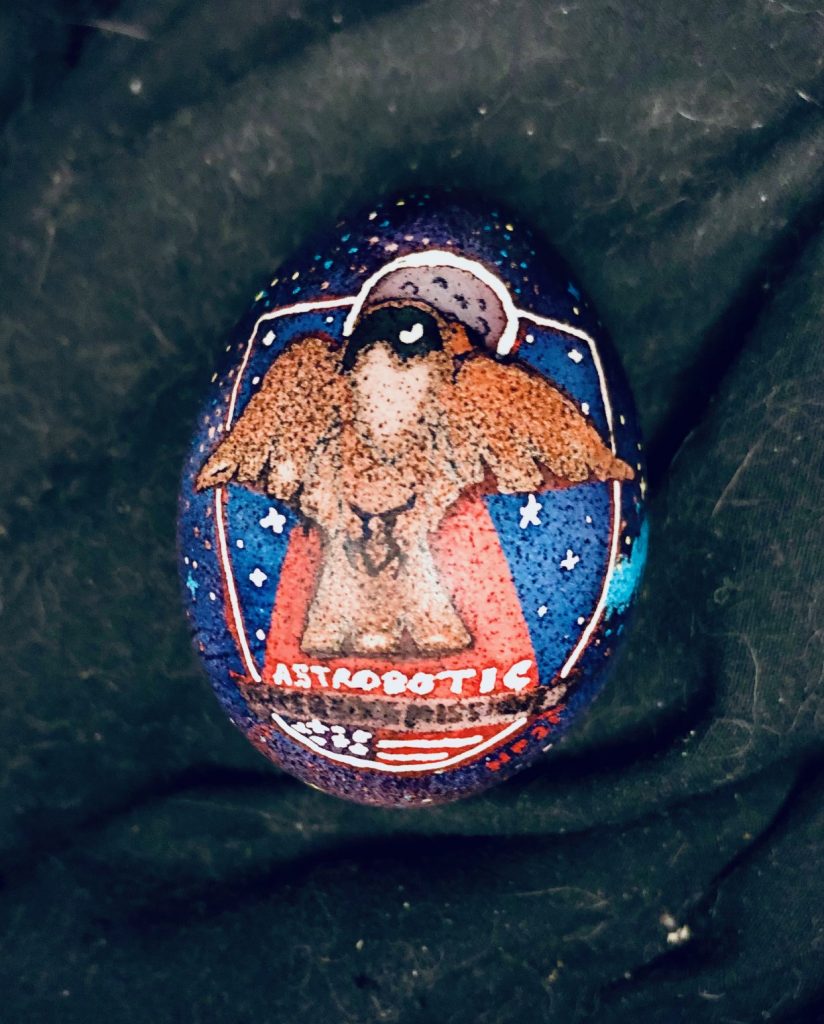
Nolie began writing with political essays, winning scholarships for their political writing at eighteen years old, but didn’t take on writing as a serious endeavor until after years of being married to a fiction writer. Nicolas’s support and encouragement led to Nolie writing romance under multiple pennames, in addition to Nolie’s continued use of their writing skills for political advocacy.
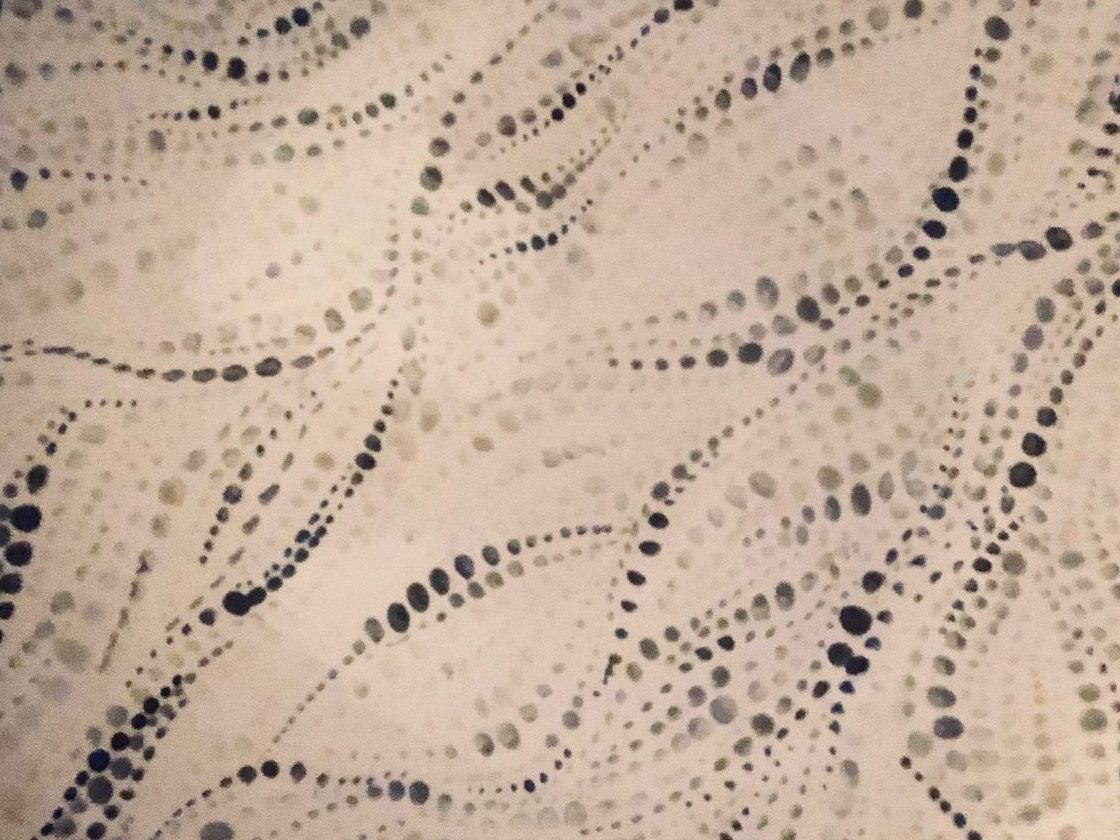
Nolie sees all of these creative skills as deeply entwined; the nature of who gets a happy ending in love and life is deeply related to politics, and all of that is deeply related to which artistic skills are perceived and prioritized as important in society, and which are not, especially supposed “handcrafts”, or artisanal skills that are not considered “fine art” by many critics. Romance itself is a genre widely derided as literary dreck, despite containing a wide variety of book quality and intellectual goals, and it is difficult to separate its tarnished reputation from the fact that the genre has comparatively few cis men writing it. Having worked in deeply gendered fields, including sound and lighting for live shows, security, and the fashion industry, and having survived domestic violence and sexual assault, as well as anti-Semitism, queerphobia, ableism, and sexism, Nolie seeks to imbue all of their creative work with a throughline of empathy for the hidden details and aspects of identity that affect how we move through the world.
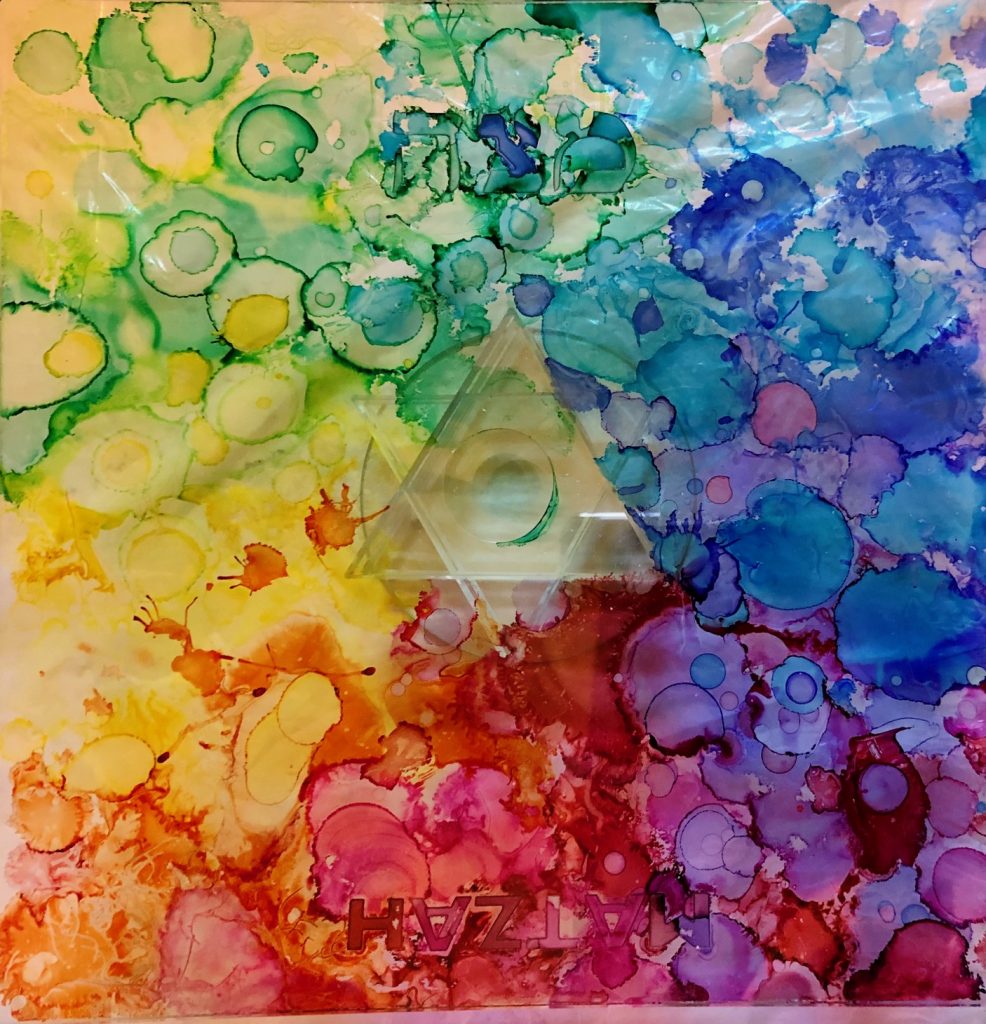
Nolie’s life has been shaped by these factors. Growing up in an interfaith family, with religious coercion to practice Christianity despite their multicultural heritage, and anti-Semitism experienced even from their own relatives, Nolie also experienced significant pressure to hide their truths as a bisexual person, and later, as a nonbinary person. This queerphobia taught Nolie early about the world’s imperfections. Although it was not diagnosed until they were in college, Nolie struggled throughout childhood with an incurable genetic condition called Ehlers Danlos Syndrome that severely impacts their daily function, as well as multiple other disabling conditions that would be diagnosed later. Upon receiving that first disabling diagnosis, Nolie found themself denied accommodations and forced out of college. In the years after, they would be diagnosed with conditions ranging from endometriosis and fibromyalgia, to gastroparesis (paralysis of the muscle that allows the stomach to drain, causing dietary concerns, and severe nausea and vomiting, as well as chronic pain), as well as a life-threatening primary immune deficiency disorder characterized by an inability to respond to some vaccines and produce some types of the cells that fight off disease in the body, blood anomalies, and other severe, disabling and life-threatening symptoms. Owing to their medical condition, a great many of Nolie’s projects have been executed on “Disability Time”–in between symptom flares, or in extremely adverse circumstances such as in hospital beds, low-light settings, while on medications that compromise hand-eye coordination.
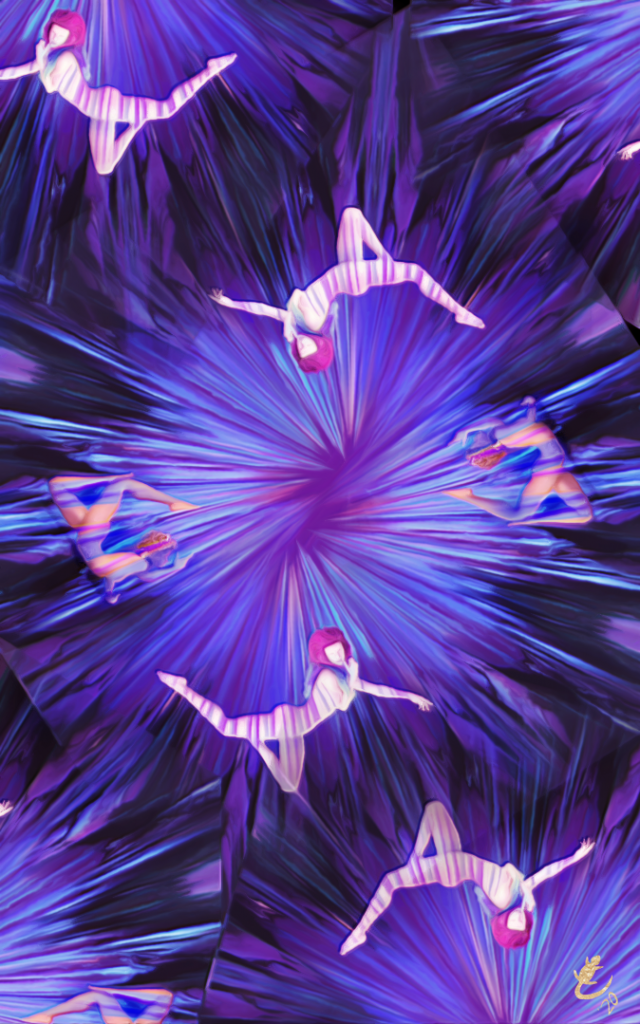
Their experience of having their disabilities downplayed, and not being able to access support due to diagnostic delays echoed elements of their experience as a survivor, as a religious minority, as a queer person. Despite these traumatic experiences, and living with PTSD, Nolie has sought to handle the way they move through the world with empathy, a drive for understanding, and the will to memorialize all of it in art, as a form of documenting aspects of history, both personal and political, that have not always been prioritized for preservation. Nolie has had artwork shown on CBS, NBC, NPR, the Boston Globe, as part of the coverage around the Pysanky for Peace exhibit at the Wenham Museum in Massachusetts, at which one of Nolie’s pysanka was included, and select other exhibits largely focused around documenting the history of invisibalized groups. Even in their teens, when they earned their Girl Scout Silver Award for arranging for an exhibition of AIDS quilt segments to be on display at the local university for World AIDS Day, handing out literature, and memorizing the craft and storytelling of the precious fabric whose condition Nolie was in charge of. Nolie views their art as a powerful tool for justice (tzedek). It is for that reason that they focus on Judaica, accessibility aids, and pysanky, incorporating modern symbolism into adaptations of the traditional imagery, to allow a wider group to see their struggles reflected in the pysanky storytelling, even if they are not parents, or seeking marriage, or celebrating it as an “Easter” tradition.
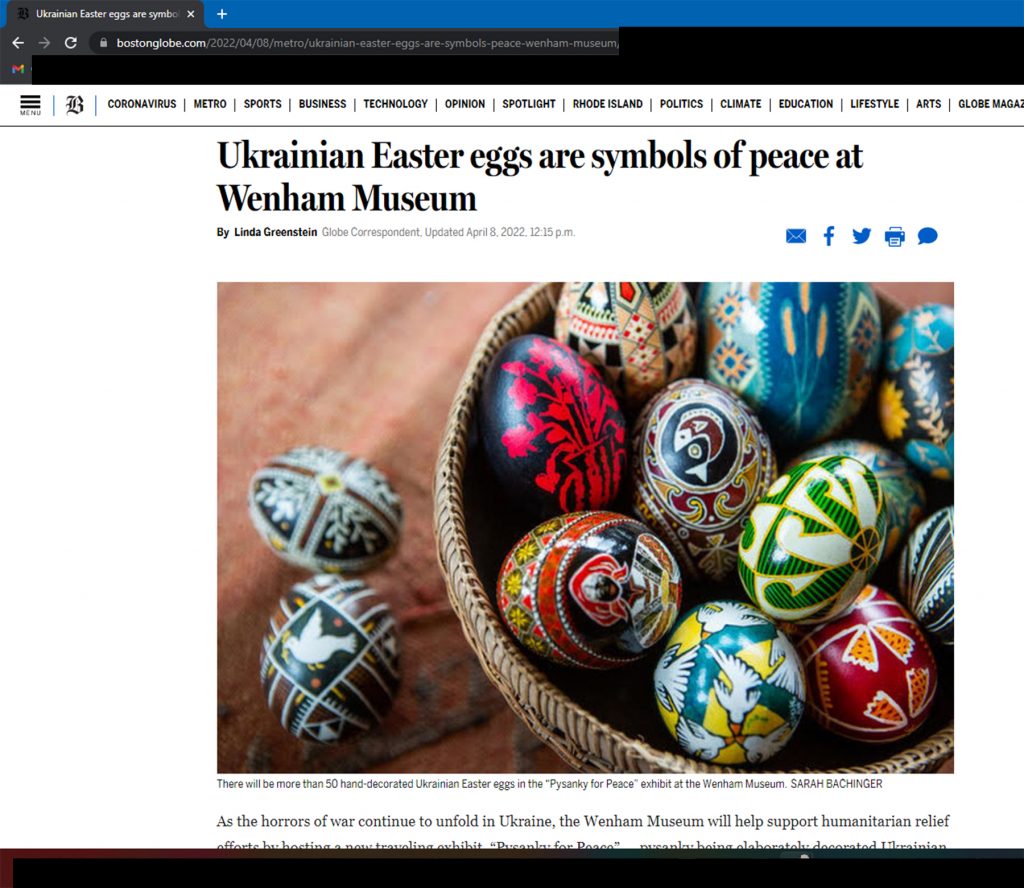
Nolie lives in the Pacific Northwest with their husband, Nicolas, a menagerie of pets, a variety of poisonous plants that grow beautiful blossoms, too many unfinished books, and an ever-expanding collection of heating pads and joint braces. They enjoy molding chocolates, the ritual of writing and sending paper thank-you notes, and the meditative calm of two colors blending together.
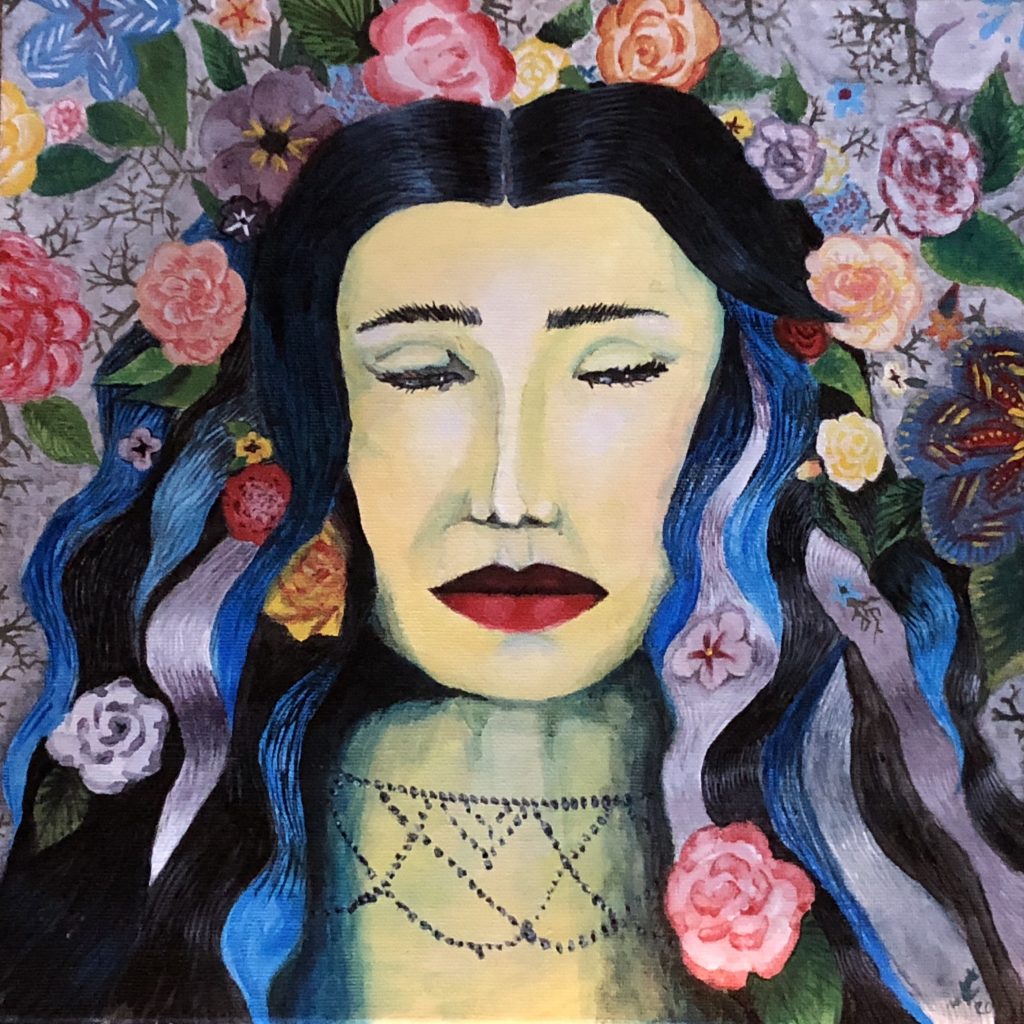
Nolie is available for custom commissions. To inquire about the process of commissioning a work of art, please email Nolie.Marie.Platt@gmail.com, and include any relevant details about your project, including choice of artistic media, the theme or image you desire that Nolie work with, the time frame you need it done by, and any special notes as to occasion that may make it possible to customize it further, such as wedding ceremony dates, pictures of the person you wish to commemorate, etc. Please note, if you are providing an image that you wish Nolie to replicate closely in a different artistic medium, you must own the copyright, or have the owner’s permission. The price will vary depending on the complexity of the project, the time frame desired, and other factors.

